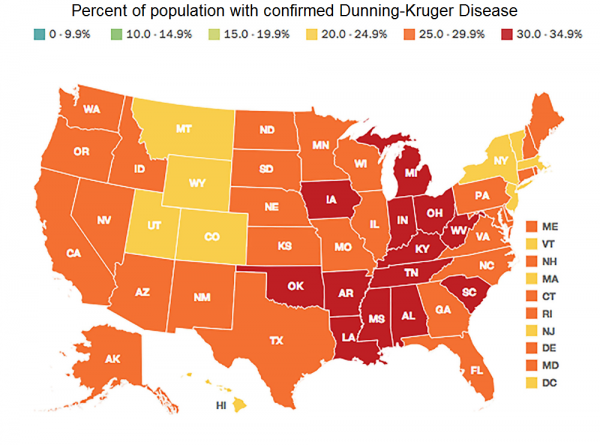Zoeey2011
Active member
Hi has anyone had a MRI. I have a mechanical valve and just wondering if the MRI affects the valve.


My daughter has an On-X mitral valve and was told there was no problem with an MRI due to the valve. However, she has abandoned pacemaker wires/leads from that surgery (they originally thought she would need a pacemaker, but she achieved sinus rhythm on her own two days post-surgery), and was told that an MRI was a no-go due to those.Hi has anyone had a MRI. I have a mechanical valve and just wondering if the MRI affects the valve.
Agreed ... it was all I could find quickly and without compiling a list of current manufacturers *. However I put in because it showed (even back then) many of the modern (then modern) valves were quite radio safe ... nearly 20 years ago. I expect its still the case with pyrolytic valves because it *IS* the case with my (now nearly 10 year old) ATS valve.That study was done 19 years ago so look carefully at the list as some of the names (of the valve) and places (manufacture) have changed, some are out of production.
My daughter has an On-X mitral valve and was told there was no problem with an MRI due to the valve. However, she has abandoned pacemaker wires/leads from that surgery (they originally thought she would need a pacemaker, but she achieved sinus rhythm on her own two days post-surgery), and was told that an MRI was a no-go due to those.
I have had 2 MRIs since my valve was inserted. Valve not an issue but having a pacemaker makes it a bit more complicated but ok
Hey, if you can hold your breath for the entire 45 minutes, it wouldn't matter whether or not they find an aortic aneurism (but I'm sorry that they found one).I have an ATS valve, leaflets are solid pyrolytic carbon with a thin titanium band. So no strongly magnetic material, and MRI safe. I had 1 MRI of my knee and one heart MRI to look for an aortic aneurism (unfortunately found). I have to say laying on my back still and holding my breath intermittently for 45 min was a bit difficult. Even with the radiation exposure of a CT scan, I'll take it any day. I now have 6 mo CT scans.
nice little vignette ... thanks.... The test building was constructed of all wood, no nails or screws, wooden pegs all around, so that the field would not be affected by any nearby metals.
When you got your valve implanted, they should have given you a card, identifying the size, model number, and other stuff. Printed on the card are words to the effect that you CAN have an MRI.
Enter your email address to join: